Data snapshot is a regular AgFunderNews feature in which we analyze agrifoodtech market investment data provided by our parent company, AgFunder.
Click here for more research from AgFunder and sign up to our newsletters to receive alerts about new research reports.
The restaurant delivery industry was one of the earliest types of “foodtech” to receive VC investment. It’s not the only restaurant tech category out there, but it’s been the most prominent over the last decade.
Underscoring this, AgFunder data from the last decade shows that the top 20 VC funding rounds for restaurant tech have all gone to food delivery startups.
By 2014, the most notable players were already known in the delivery industry. Seamless, which eventually merged with Grubhub, kicked things off in 1999. Grubhub itself began life in 2004 and was followed by Postmates (which later merged with Uber Eats) in 2011 and DoorDash. Outside the US, Delivery Hero, Woowa Brothers, foodpanda, Deliveroo and a host of others formed during the 2000s and early 2010s.
But while food delivery has for the last decade been one of the most talked-of categories in foodtech, it’s not the only form of restaurant tech that’s evolved rapidly over the last 10 years.
Point of sale (POS) systems, software platforms for front-of-house management, digital inventory systems, food waste measurement tools and AI-powered drive-thru lanes have all played parts in the last decade of restaurant tech. Ghost kitchens may be crashing as we speak, but not so many years ago they were predicted to be a $1 trillion industry by 2030.
In 2023, delivery apps are losing some steam as dine-in restaurant customers return to brick-and-mortar locations. This may in future make room for other types of restaurant tech — particularly AI-enabled tools for kitchens — to gain more prominence.
Restaurant tech overall has raised over $61 billion in VC funding in the last decade, according to AgFunder data.
Top restaurant tech rounds 2013 – 2023
| Country | Company | Amount | Stage |
| 🇨🇳 | ELEME | $1.2 bn | Late |
| 🇨🇴 | Rappi | $1 bn | Late |
| 🇮🇳 | Swiggy | $1 bn | Late |
| 🇨🇳 | ELEME | $1 bn | Late |
| 🇺🇸 | Nuro | $940m | B |
| 🇺🇸 | CloudKitchens | $850m | B |
| 🇮🇳 | Swiggy | $800m | Late |
| 🇺🇸 | REEF Technology | $800m | Late |
| 🇺🇸 | REEF Technology | $700m | Late |
| 🇮🇳 | Zomato | $660m | Late |
| 🇸🇬 | Trax | $640m | Late |
| 🇨🇳 | ELEME | $630m | Late |
| 🇺🇸 | DoorDash | $600m | Late |
| 🇺🇸 | Nuro | $600m | D |
| 🇬🇧 | Deliveroo | $575m | Late |
| 🇩🇪 | Delivery Hero | $561m | Late |
| 🇺🇸 | DoorDash | $535m | D |
| 🇫🇮 | Wolt | $530m | Late |
| 🇪🇸 | Glovo | $527m | Late |
| 🇺🇸 | Nuro | $500m | C |
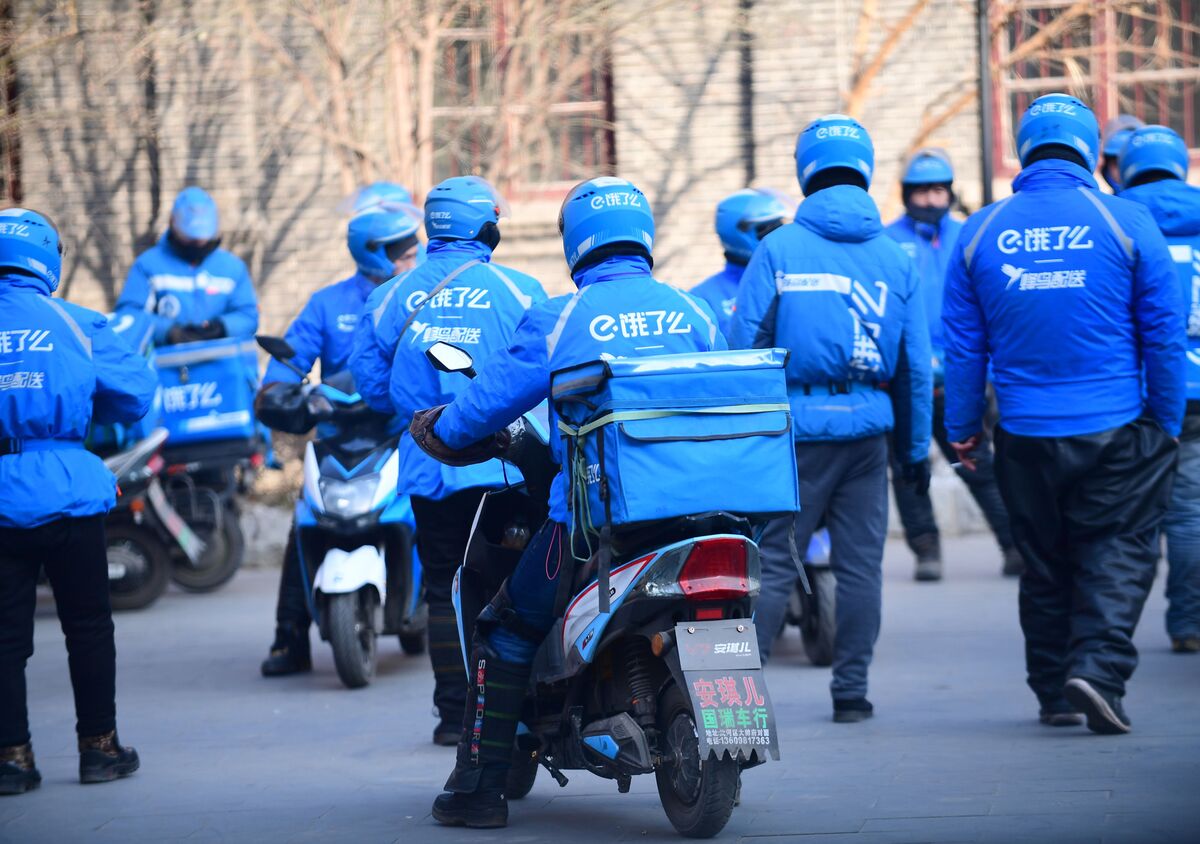
Where are they now?
A look at the last 10 years for the top-funded restaurant tech companies.
Ele.me
Alibaba acquired on-demand delivery platform Ele.me (“Are you hungry?” in Chinese) in 2018 at a $9.5 billion valuation; the latter has since become one of China’s largest order and delivery services for food, groceries and pharmaceutical products. Heading into the Covid-19 pandemic, the company held 40% of the food delivery marketshare in China.
This year, Ele.me became China’s first delivery platform to sign collective contracts around wages and labor safety for its 3 million workers. In the past, the company, along with arch-rival Meituan, received substantial criticism about workers’ rights.
According to a report, the contracts “fully addressed” issues such as labor protection and payment as well as insurance benefits.
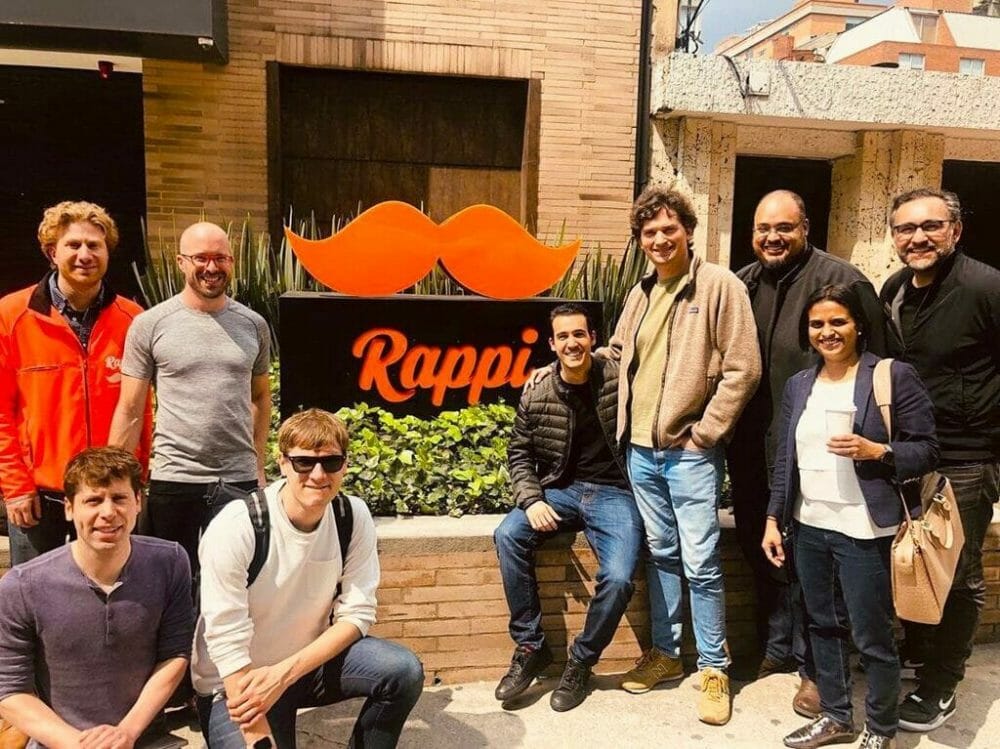
Rappi
Founded in 2015, Colombia-based “super app” Rappi has evolved over the years from simply a food delivery app to one that provides everything from grocery delivery to hotel booking to car insurance.
Softbank invested $1 billion into the company in 2019. Subsequent mega-rounds have steadily followed.
Rappi, which now operates across Latin America, hinted in the past at an IPO. As of the end of 2023, however, said IPO is “not in the plans,” according to co-founder Sebastian Mejia.
In the same interview, Mejia said Rappi “has a scale and sustainable business” and “has cash and doesn’t need money from anyone outside.” The company has reached breakeven and does not have plans for new funding, according to Mejia.
Also in 2023, Rappi acquired last-mile restaurant delivery service Box for an undisclosed amount.
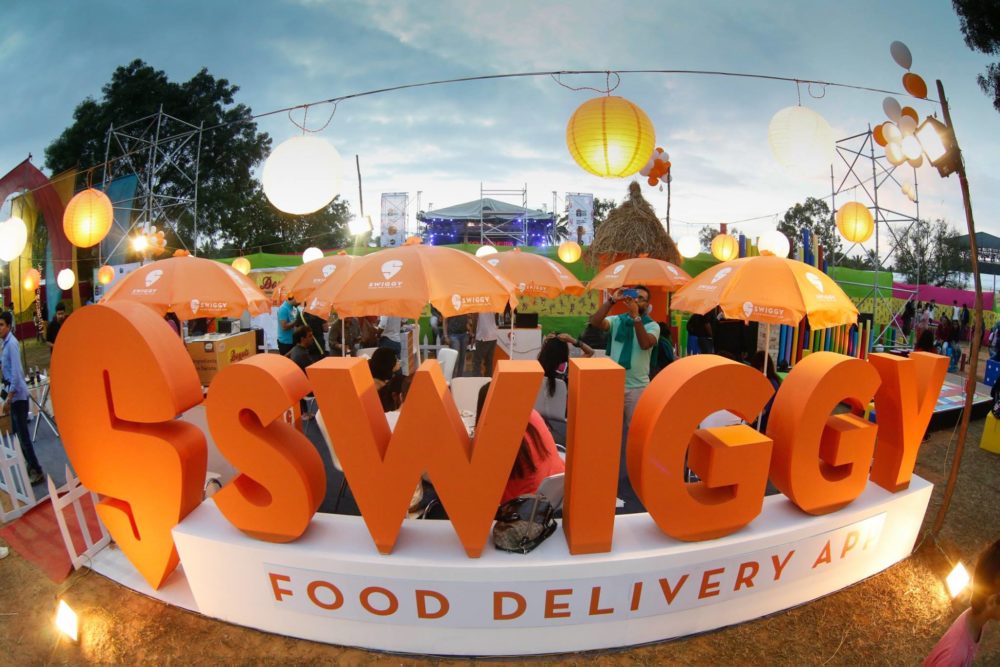
Swiggy
Bangalore, India-headquartered Swiggy raised $1 billion in 2018 in what was then the largest-ever round for a food delivery company.
Along with rival Zomato, it claims the bulk of the marketshare for delivery in India.
Since that Naspers-led mega-raise, Swiggy has expanded its offerings to include grocery and “instant” delivery, opened a cloud kitchen business and launched Swiggy Access, an incubator providing kitchen space for small restaurants. (It offloaded Access to Kitchens@ earlier this year.)
Swiggy’s core food delivery business grew 17% in H1 FY24, according to Prosus, which holds a 32.7% stake in the company. Reflecting the tighter economic times all startups face, Swiggy’s valuation has dropped from its peak days of $10.7 billion to $5.5 billion as of Nov. 2023.
Swiggy is planning an IPO for 2024.
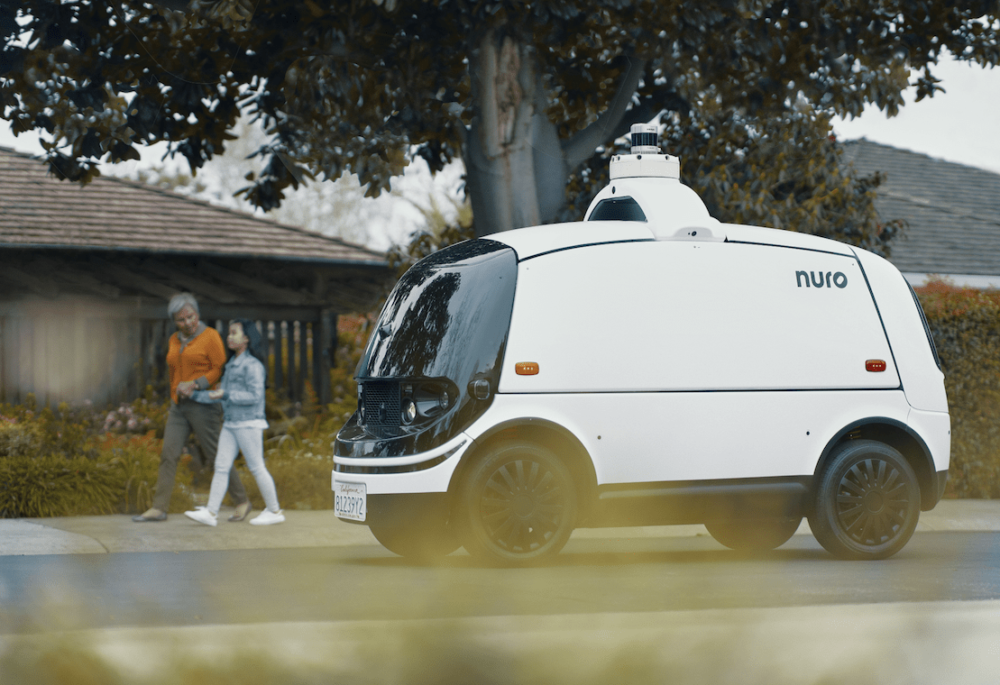
Nuro
Robotics company Nuro has raised mountains of funding over the last five years, including a $940 million investment from Softbank in 2019.
The Mountain View, California-based company got regulatory approval for its self-driving delivery vehicles in 2020. A wave of partnerships followed with the likes of Domino’s, c-store chain 7-11 and Uber Eats.
As has been the case for so many others, good times slowed to a halt for Nuro as markets tightened in 2022, when Nuro announced layoffs. In early 2023, the company said it was restructuring and pausing commercial expansion. More layoffs ensued as another cost-cutting measure, and Nuro said it would delay the production of its third-generation self-driving vehicle to focus on R&D.
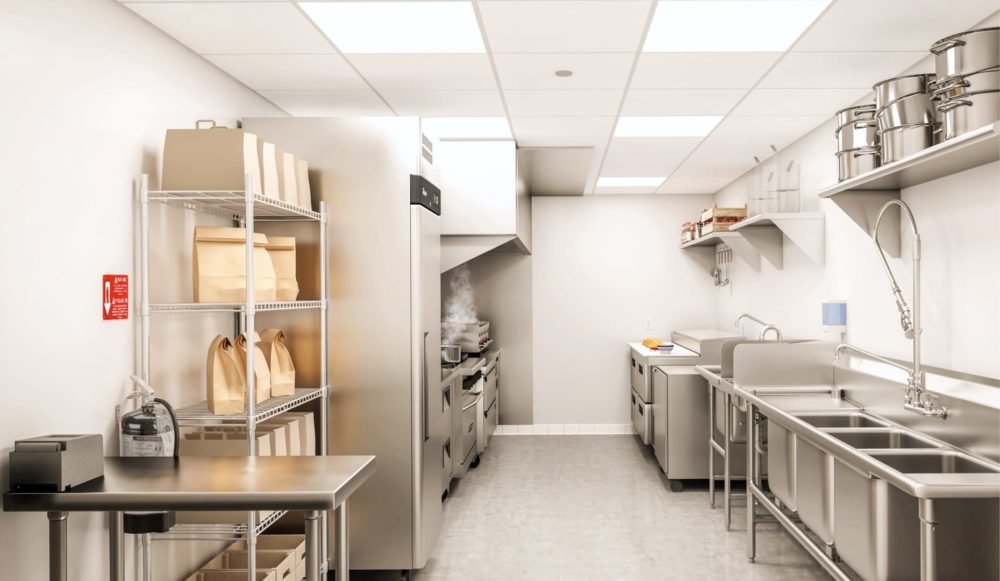
CloudKitchens
Ghost kitchen startup CloudKitchens was a leading player during the height of the Covid-19 pandemic as restaurants attempted to save money and mitigate losses from lockdowns and dining room restrictions. In 2022, the company, led be Uber co-founder Travis Kalanick, raised an $850 million round.
CloudKitchens has been notoriously secretive over the years. Excepting Microsoft and Saudi Arabia’s sovereign wealth fund, few backers to the company are known.
As the promise of the ghost kitchen model has worn off, CloudKitchens faces its fair share of troubles. The company has already come under fire for “deceptive business practices” and unsafe working conditions. In 2023, it has laid off staff, closed up locations and lessened its real estate purchasing.
CloudKitchens is hardly alone in these actions. As the Washington Post put it earlier this year, “ghost kitchens are dying and nobody noticed.”




